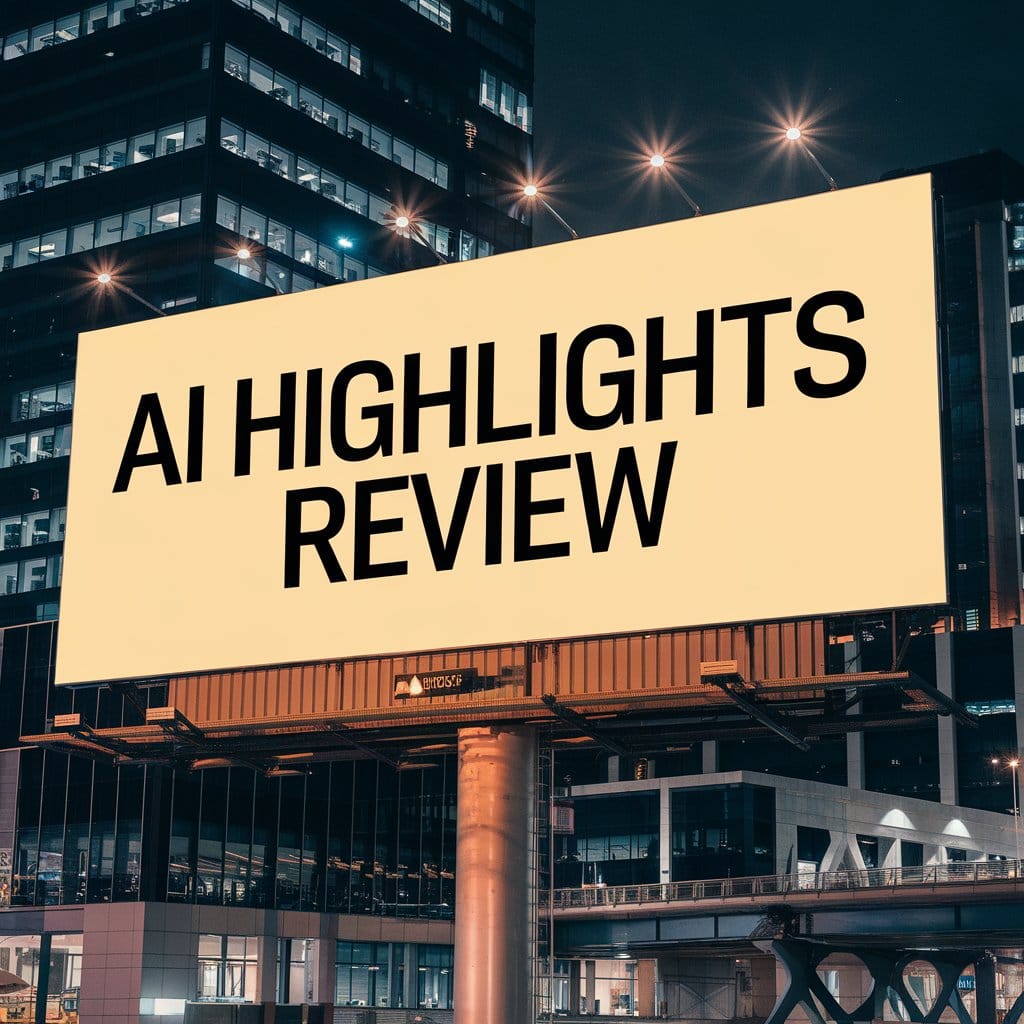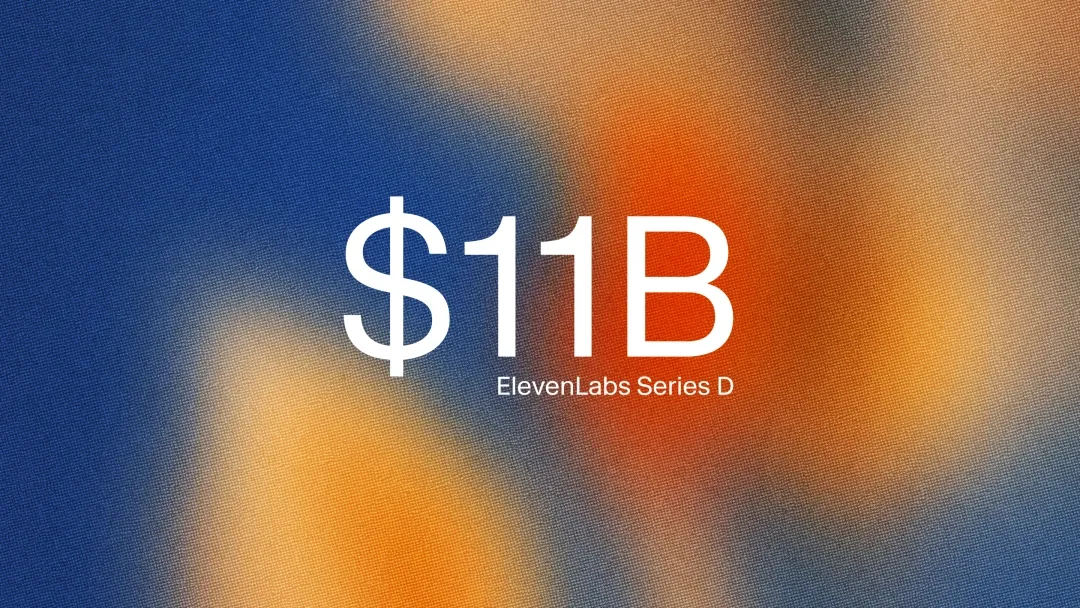It is hard to believe that competitive math can be the cause of drama and controversy. However, this is exactly what happened this weekend, as this year's International Mathematics Olympiad (IMO) was caught in the middle of a nasty face-off between Google DeepMind and OpenAI. This time, the claim at stake was the coveted gold medal standard, especially after a system comprising DeepMind's AlphaProof and AlphaGeometry 2 solved four of the six official IMO problems to perfection, attaining enough points to claim silver medal-level performance.
On Saturday, barely after the IMO 2025 closing ceremony, OpenAI rushed to announce that it had developed a non-specialist LLM that achieved a perfect score in five out of the six IMO problems, which had been solved in the standard timeframe for the competition (two 4.5-hour sessions) and without using tools. The company published the proofs without giving further details about their achievement, including how the self-reported score had been calculated.
DeepMind researchers were quick to note that OpenAI was not collaborating with IMO, unlike their team, who had Gemini's proofs checked against the official grading rubric. They also pointed out that the IMO had asked AI companies to wait at least a week to publish their results out of respect for the competitors. OpenAI has since stated that it waited until after the official results were published, as instructed; had been contacted by IMO but declined the invitation to collaborate; and hired former IMO medallists with a good understanding of the grading rules as third-party evaluators. OpenAI has since faced a deluge of criticism, with people becoming increasingly weary of the company's tendency to conduct and self-report non-transparent evaluations.
In the end, both DeepMind and OpenAI did manage to steal the spotlight from the brilliant minds who participated or won a medal in this year's IMO. While everyone talks about how fast AI is developing and how this milestone is only the start of AI's brilliant contributions to math, we also tend to forget that in this particular comparison, the IMO (human) participants rely on a tiny fraction of the resources available to an LLM—even if these were non-specialist systems without tool use, no human has read the entire Internet before even starting college, for instance. Still, it is the AI systems, and not the actual IMO participants, that we continue to discuss at length.
Manus AI for Everybody — An event organized by the AI Collective
This meetup, which took place on Friday, July 18, brought together the community and the team behind Manus AI for a unique evening featuring a keynote by Manus co-founder Tao Zhang, a fireside chat, a live demo, and plenty of time to ask questions and connect with new collaborators. Check out our recordings and transcriptions of the keynote, fireside chat, and demos below!
Go Far and Fast. Go with Manus (keynote)
Build a Pro Slide Deck with AI in Under an Hour
Manus AI Converts Course Materials into Final Exam Prep
Manus vs OpenAI: How a Startup Is Beating the Giants in the AI Agent Race
Other noteworthy recent headlines
Elon Musk's xAI secures $10 billion in an increasingly competitive AI landscape: Elon Musk's AI startup xAI has raised $10 billion to expand infrastructure and develop its controversial Grok chatbot, amid fierce competition with OpenAI and Anthropic, and is set to unveil a major model upgrade despite recent backlash over offensive content.
Campfire Secures $35M Series A to Disrupt Legacy ERP with AI-Native Platform: Campfire raised $35 million in Series A funding led by Accel to build an AI-native ERP platform that uses Anthropic's Claude models to help finance teams automate processes and disrupt legacy systems from Oracle, SAP, and NetSuite.
Google now offers a photo-to-video feature for Veo 3 through the Gemini app: Google AI Pro and Ultra subscribers can now transform photos into eight-second videos with sound through a new photo-to-video feature available on the Gemini app. According to Google, users have generated over 40M videos with Veo 3 since the model launched in May.
Cloudflare's innovative "pay per crawl" lets publishers charge AI crawlers for content: Cloudflare launched a "pay per crawl" feature that lets content creators charge AI crawlers for access to their websites using HTTP 402 Payment Required responses. With this feature, Cloudflare hopes to offer publishers a monetization alternative between blocking AI entirely or allowing free access.
Wimbledon defends AI line judges amid player backlash: Wimbledon's controversial switch to AI-powered line calling has faced criticism from players and coaches who claim the system is less accurate than human judges. The ELC system has also created unexpected accessibility challenges, and reports calculate it has failed to deliver any cost savings.
Moonvalley launches Marey, a video generation model trained entirely on open data: Moonvalley has launched its AI video generation platform "Marey" to the public, along a credits-based subscription system. The company is targeting filmmakers with ethically-trained models and advanced controls like free camera motion and physics-aware object manipulation.
Windsurf's wild weekend: after failed OpenAI deal, Google hires key talent, and Cognition acquires the company: This weekend, shortly after the exclusivity for OpenAI's deal to purchase Windsurf expired, Google hired away CEO Varun Mohan, co-founder Douglas Chen, and key talent, as well as licensed the company's technology. Windsurf was then acquired by Cognition, the company behind the AI coding agent Devin.
xAI launches Grok 4 along "SuperGrok Heavy", a $300 premium subscription: xAI has launched Grok 4, a model capable of impressive benchmark scores on recent tests, including Humanity's Last Exam and ARC-AGI-2. Grok 4 was launched alongside a $300 subscription tier, which will unlock early access to new features, including Grok 4 Heavy.
A new study reveals that some developers may not benefit from AI-powered coding assistants: A study by METR found that AI coding tools increased completion time by 19% for experienced developers working on complex, mature codebases, despite the developers predicting a 24% time reduction.
OpenAI launches ChatGPT agent, a system combining Operator and deep research: OpenAI launched ChatGPT agent, a unified AI system that can autonomously complete complex real-world tasks from start to finish using its own virtual computer, combining web browsing, research, and action capabilities while maintaining user control and safety safeguards.
Mistral Launches Voxtral: First Open-Source AI Audio Models Challenge Closed Systems: Mistral launched Voxtral, its first open-source AI audio models that offer production-ready speech understanding with multilingual support and advanced capabilities, positioning itself as an affordable alternative to expensive proprietary systems at less than half the price.
Mistral's Le Chat Gets Major Upgrade with Deep Research and Enterprise Focus: Mistral has upgraded its Le Chat chatbot with Deep Research mode, multilingual reasoning, and enterprise-focused on-premises data integration capabilities, positioning the platform as a serious competitor to OpenAI and Google in the AI assistant market.
Thinking Machines Lab secures a record-breaking $2B seed funding round: Mira Murati's AI startup Thinking Machines Lab, staffed with former OpenAI executives, raised a record-breaking $2 billion seed round at a $12 billion valuation to develop "multimodal AI that works with how you naturally interact with the world."







Comments